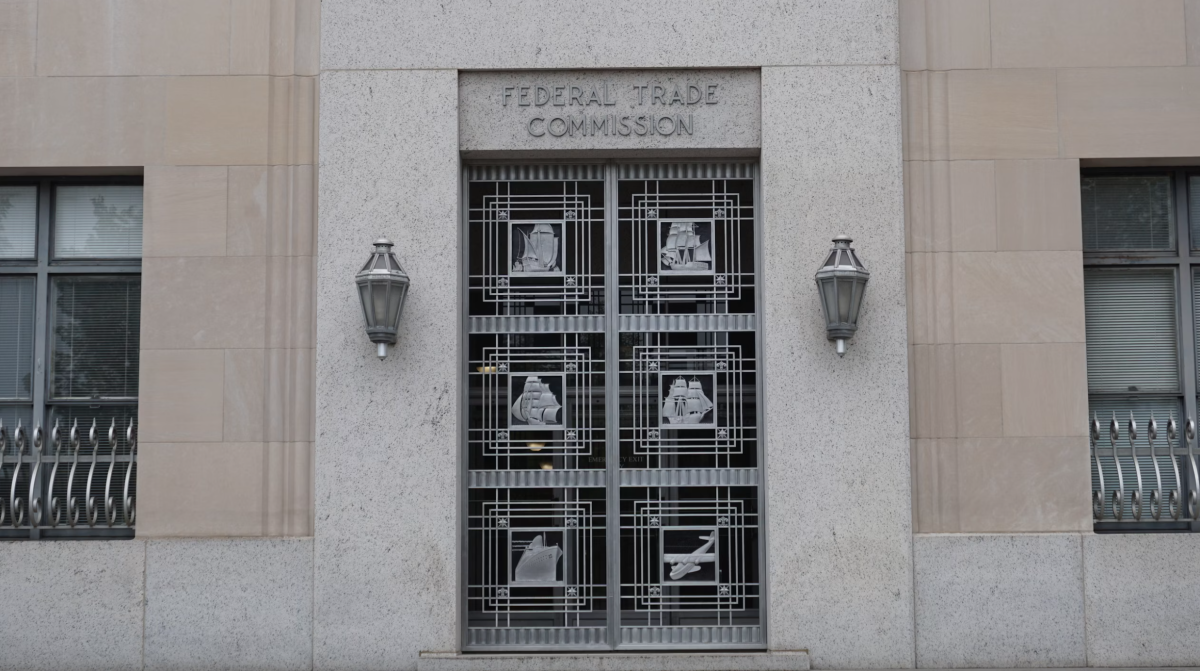1-click cancellations are bad for consumers, they’ll claim
Although when cancellation requires only one click, it doesn’t give consumers a fair chance to be interrupted by a pressing matter.
I actually read somewhere that this is exactly the case they are making. It’s anti-consumer friendly or some dimwitted bulshit like that
What if a poor woman is on her pee rod and cancels in anger before we put her on the phone with our best beggar?
She’ll need to sign right back up the next week when her pee rod anger is gone.
Think of the poor woman.
And what about dudes? No get laid for a month and start getting cranky. What if been kicked in the nuts and cancel in anger?
Think of the poor shattered test tickle.
Be consumer friendly, please. Think of the children with no inner net bcuz cancel was too easy for drunk parents.
Think of the poor child.
You jest, but this may actually be an effective argument with the tech incompetent execs. Hopefully the FTC is more competent, but, somehow, I doubt it.
Edit, Autocorrect
My fingers will atrophy to nothingness with so little clicking!
deleted by creator
I do believe that’s beyond the power of the FTC, but I agree.
I feel no surprise billing should have had something that uncovered medical care be specifically spelled out and signed off by the patient before its done or the provider will be on the hook.
I think it is a tricky situation. For example, you might authorize a minor surgery for instance, only for the surgeon to realize there is a larger problem and they need to perform a more expensive procedure. If you are unconscious, there is no way to get consent, and likewise you want providers to have the flexibility to perform time sensitive procedures without concern that it would never be paid for because there wasn’t prior consent.
Insurance is required to cover emergency measures though if im not mistaken.
That’s not where the surprise is coming from. The surprise is that the hospital failed to tell you there might be out-of-network staff that might be involved in your surgery, even though you were careful to choose a hospital that is in-network. So your insurance won’t cover the out of network doctors, and you don’t have any choice of how many or which other doctors (other than your scheduled surgeon) get involved. Those out of network staff then bill you separately from the whole procedure. That’s the surprise.
There’s an easy solution for that, you pay only fee of sum x for any surgery, the rest is paid by your insurance. They have the money, power and leverage to actually realise competition in the medical field
Even worse ISPs are asking for routing numbers instead of credit cards now so you can’t even block or dispute payments.
I wonder how this works in other countries because I know it’s normal to do (what we call) ACH-to-ACH transfers.
I’m actually all for speeding up ACH and using it more often (rather than P2P transfers apps), but you raise a valid concern here.
Legal layman here, why is it I keep hearing of American companies suing regulators? I can’t recall that ever being the case in Australia, unless they’re claiming some law/regulation is unconstitutional or something.
Am I just ill informed? Seems weird.
Regulator is empowered by the law, law is made by legislators, unless it’s against the constitution of your country, surely the answer to any of these cases is: tough shit, company? No? How do they sue a regulator for regulating? Seems weird.








